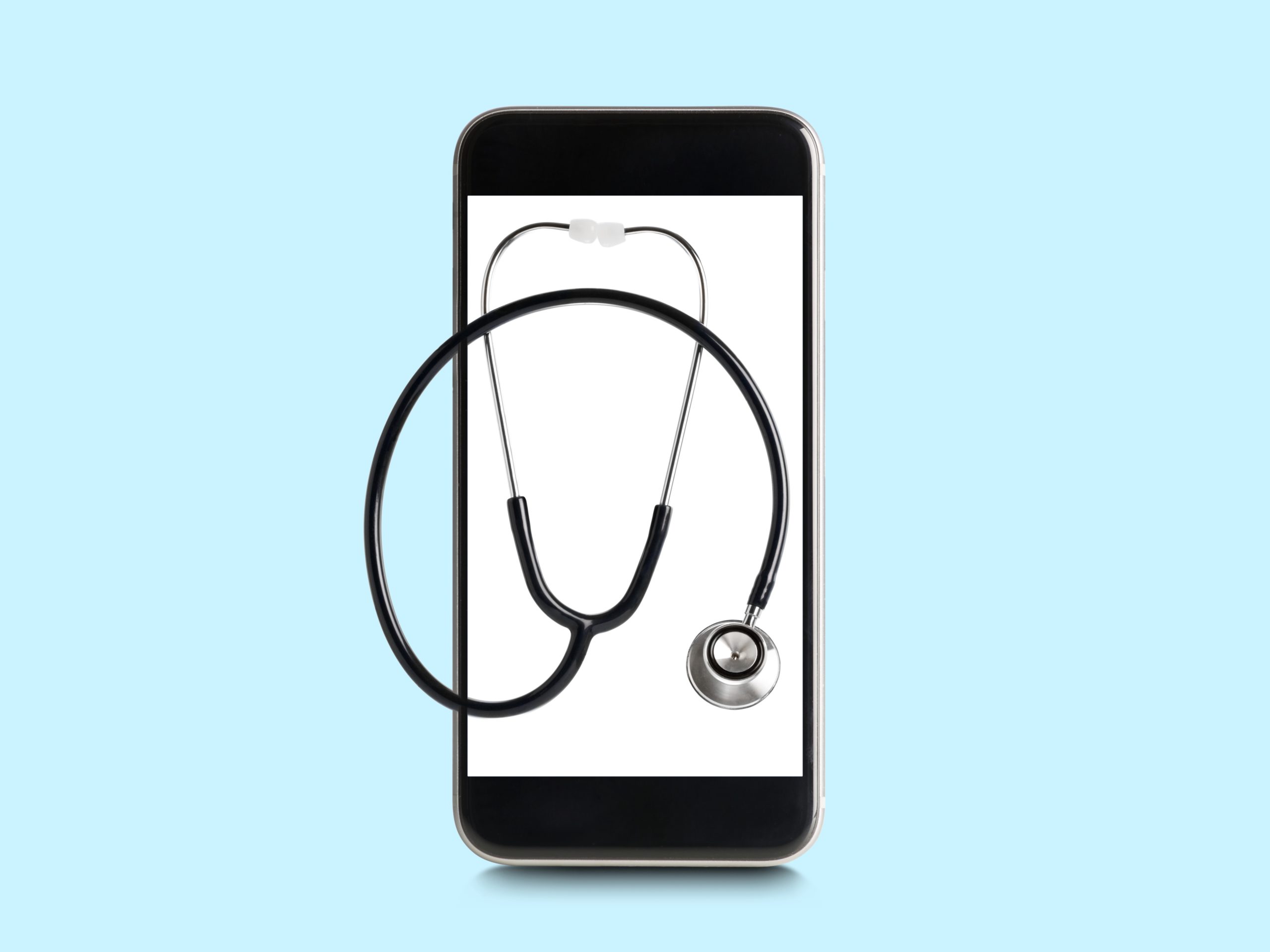
The global health pandemic of the past few years has put health and wellness front and center, sparking a massive desire among consumers to take control of their care journey and gain access to accurate, reliable, and relevant health content. However, not all health content is created equal. The challenge for health brands is often creating compelling content that audiences want to engage with, but still meet the complex regulatory requirements and scientific rigor that come with certain health topics. Licensing can be an instrumental arrow to add to your content marketing strategy quiver. There are obvious reasons for implementing content licensing: it’s quick to scale and build consumer trust; it’s also a cost-efficient marketing strategy. Here are additional reasons why this marketing tactic is so valuable.
Health is hard. Not just hard to understand, but it’s darn hard to explain. Drug interactions and post-surgery treatment plans are complicated topics. It is our job as health professionals and marketers to present this information in a way that promotes comprehension. One slight hiccup here: Last we checked, being a health care expert doesn’t necessarily make you a content expert. As Kipling coined, “never the twain shall meet.” If only there was a true health content dual threat.
Enter content licensing. Licensed content provides your brand a premium, carefully crafted reservoir of materials designed for engagement and comprehension. Trustworthy, medically reviewed information developed by licensed health professionals, mental health experts, dieticians and medical specialists who are also trained and experienced content creators gives your brand a valuable content library. Topics and themes like custom nutrition plans, behavior modification solutions and Rx adherence content are shared as colorful cookbooks or easy-to-follow guided experiences that help simplify tough concepts and quickly communicate the takeaway points — all wrapped in an interesting package.
Things get better when working with a content creation studio that can incorporate health audience insights and engagement metrics to recommend specific content to help your brand achieve exact KPIs. With Foundry 360, a content licensing engagement is so much more than simply accessing published content. It initiates a true partnership with editors and marketers who become an extension of your team.
2. You can streamline the publishing process
As mentioned above, a reason for incorporating licensed content into your marketing strategy is the ability to scale up your content offerings quickly and efficiently. In health care marketing this is extra important because of the nature of the content itself. Treatment or condition content is subject to a costly and timely review process that scrutinizes the validity and accuracy of the science.
Licensing content from a premium publisher that can respond to the needs of a health consumer’s care journey is a great, but knowing this content is created by health experts and has gone through a rigorous medical review is a next-level advantage. This provides a basis for a health care system or pharmaceutical manufacturer to own content that has been through a medical legal review (MLR) process and can be more easily edited to meet their exact needs. This gives brands a great place to start their MLR process, saving time and money. Not to mention, licensed content, as stated above, is created by expert editors who are intimately familiar with health audiences and can craft a narrative that meets their needs to maximize engagement.
3. You can get the right content types for the right channels
I’m sure that when I say “social media is taking over” your eye rolled just a little, but realize that 80% of people on social media use it to search for health-related information. Yup, 4 in 5.[3] Now raise your hand if you knew that over 155 million tweets about and by health care professionals were shared on Twitter in 2021.[2] Now raise your other hand if you knew that 16% of Facebook users share health-related videos or images or that 1 in 4 users post their health experiences.[3] How many of you have both hands up? (You can put them down now.) The point is that channels matter, especially social, and in turn selecting the right type of content matters even more. What works on one might not perform so well on another, and the type of information you wish to share might work better in one content type than another.
For health marketers, content licensing can go a long way in relieving the pain points in this selection process by providing direct recommendations based on questions such as:[4]
As it is crafted by expert creators, deploying a content licensing strategy has the bonus benefit that each piece of content is intentionally built for sharing. Whether social-first weight-management fitness videos or colorful photography that elevates a diabetes nutrition newsletter, licensed content allows your brand to confidently choose the best content mix and nimbly meet the consumption trends of your consumers. This allows for a more genuine, organic connection with health audiences and your brand.
We can agree that content licensing is a valuable slice of the content marketing pie, but its specific applications to health brands also makes it the cherry on top. Trusted content that empowers patients and streamlines the publishing process seems too good to be true, and yet it’s not.
BIO
Marco Zuccarello is the director of strategy and marketing for Foundry 360 and leads all marketing efforts for Foundry 360 Health & Wellness. Prior to his current role, Marco worked as the consumer marketing development director at WebMD, partnering on creative media strategies across the health and wellness spectrum — from pharma to skin care. He is a graduate of the University of Notre Dame and holds a master’s degree in public health from South Florida University as well as an MBA from Loyola University Chicago.
Sources: